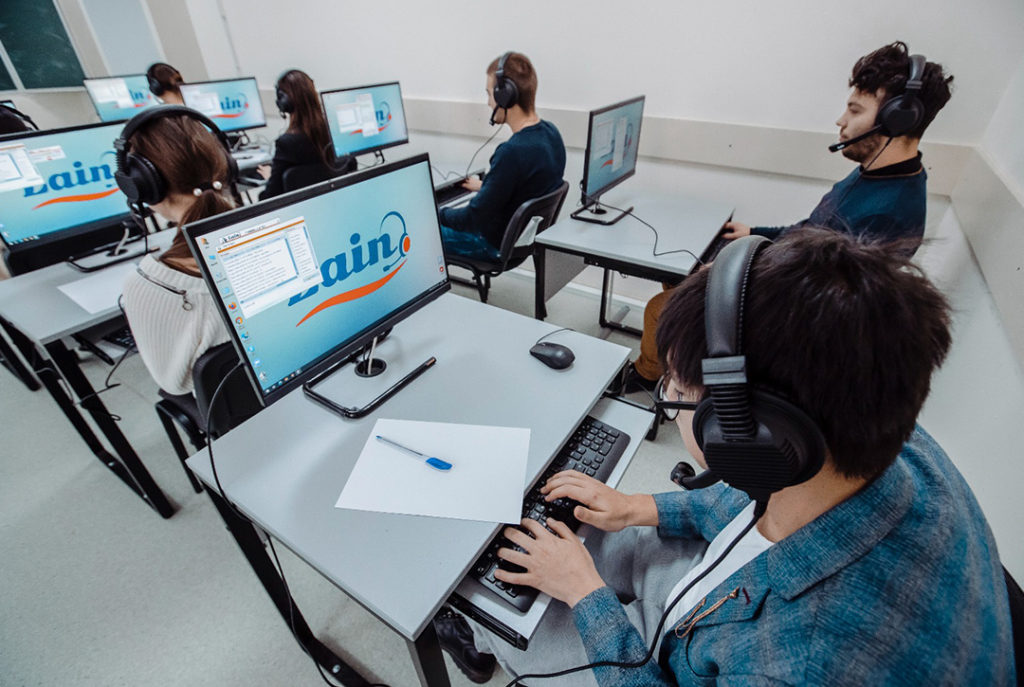Teaching a new foreign language is a very complex practice indeed, since it relies on a perfect combination of planning the teaching content and using useful resources to facilitate the teaching of the language. Thanks to the advancement of new technologies, nowadays it is not possible to say that there is only one method to learn a new language, as there are many methods and each of them must be analysed carefully in order to find the most ideal solution for the students.
Currently, there are many practices that can be implemented and, at the same time, many teaching materials that can be used to ensure the proper learning of a new foreign language. Nowadays, in order to facilitate learning a new language, one of the linguists’ recommendations consists precisely in implementing those principles that are useful for teaching a new language.
Principles for effective language teaching
The principles for effective language teaching precede that the teaching of a new language must first of all be able to provide the learner with a rich repertoire of formulas that can be used to learn languages in an entirely efficient manner.
At the same time, the teacher must be able to ensure that students focus more on meaning and not on secondary aspects. Furthermore, in addition to meaning, another very important principle is that teaching should be able to be based on form. Among the principles for effective language teaching is also the idea that the teaching of a new foreign language should not be based exclusively on implicit knowledge, but also on explicit skills.
Furthermore, the teaching of a new foreign language should be able to take into account the learner’s interlanguage. One of the most important principles for guaranteeing the correct teaching of a foreign language is that the student,
in order to be able to learn the language in the best possible way, should be fully exposed to what is the learning of the second language.
Clearly, one of the main objectives underlying the learning of a new language are precisely those aspects that are based on the student’s ability to interact in the best possible way, so as to contribute as much as possible to improving the students’ communicative competence.
Furthermore, another of the principles for guaranteeing the correct learning of a new foreign language is based on the fact that each student is different and for this reason, the method must be able to come as close as possible to the student.
By putting all these principles into practice, it is possible to offer the student a suitable teaching methodology, which is able to take into account the various differences between students, without forgetting the engaging and interactive aspect, through which the student is able to feel more stimulated to learn.

